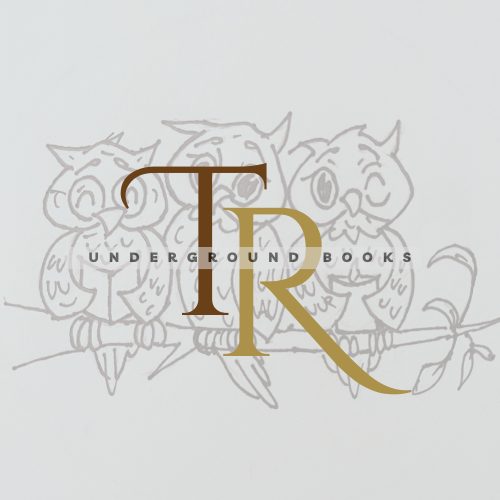
So You Finished Writing Your First Novel… Now What?
Share
So You Finished Writing Your First Novel… Now What?

To be honest, I don’t know.
I wrote out the question hoping the answer would come to me by the time I wrote the opening sentence. It didn’t.
But I can feel it somewhat near.
The Problem
A couple of weeks ago, I finished writing the second draft of my first novel. Now, I know that’s not technically finished because there’s a surplus of revising in my near future, but it got me wondering what I’ll do next. Quite honestly, as of late, that question at the top of this page has been giving me an existential crisis and I’m not even a quarter of the way through my life yet.
I’ve put my everything into my work-in-progress. Every drop of creativity to come from the Faucet of Imagination in my mind has been funneled into this singular project for the past year. Now I have a beast of a project ready to burst at the spine. It’s literally my creative being embodied. Many chefs on those cooking shows describe their dish as them on a plate. Well, my work-in-progress is me in a 400-something page mass papercut threat.
How can I ever beat that?
You’re supposed to improve. Like those linear graphs you’re forced to create in algebra class, exponentially going up and up and up and up. But how am I supposed to go up from here? I feel like I’ve reached the very tippy top of my graph. It’s led me to believe that everything I write for the rest of my life will be mediocre at best. I have peaked before my life has even begun. I’m the writer version of peaking in high school. Oh no!
![]() Finding The Solution
Finding The Solution
Perhaps it’s simple mathematics.
See, I hate math. That’s why I opted for writing instead of engineering. But as a writer, you’re supposed to hyper-analyze everything you write, and this is what I’ve discovered.
Our skills are like those mathematical graphs you’re forced to make in algebra class: it doesn’t end at the end of the page. You simply can’t see it. But if it’s like Google Sheets, just fix the graph range, and boom! Suddenly, you’re tens, hundreds, thousands of times better!
Life is constantly being at the tippy top of your algebraic graph. When you graduate elementary school, you panic at the thought of having five or six additional classes the following year. When you graduate high school, you panic at the thought of going to college to study for a degree you don’t even know yet how to utilize.
Life is all about growing and learning to be comfortable with the unknown. One of these days, our maker (whoever you may believe it is) will edit our Google Sheets line graphs and increase the range so we’ll actually know what’s going on. But until then, we panic and sift through Google until we find an article that can rightly describe, validate, and solve our panic.
I don’t know the root of your panic, but the root of mine has been the recent drastic changes in my life. This year, high school started without me and college is glaring at me every time I open my email inbox.
I’m growing up! When I graduated back in May, I didn’t understand any of my friends’ panic, but I realize now it’s because my project has always kept me grounded, and now that its end is in sight, I feel a sense of loss and misdirection. Not only will I never be able to come up with a story like mine again, but I’ll never have the abundance of time I had in high school to even replicate the process. Everything is changing. Panic, panic, panic!
This is becoming quite deep for an article meant to answer a single trivial question.
The Solution
Here’s my best answer for you (and me):
Trust the process and keep writing.
I mean, what else is there to do? You can’t tell the future, and if you stop using your Writing Six Pack, you’ll lose your Writing Six Pack.
Ideas are endless, especially if you’re a mystical fountain of random, stupid, convoluted, incredulous—and every other synonym listed in the thesaurus— ideas like me.
And don’t forget to take a break.
We as writers are not athletes, so we don’t really realize that athletes do, in fact, take a break after huge events like the Olympics or the Stanley Cup, or the Super Bowl. Of course, they still train, but they return to small routines while they recover. We should do the same thing. Read, write short stories, edit our old writing, or even pick up an old shelved project to tinker with and (most likely) return to the shelf again. Take it easy, and new ideas will come.
I’m planning on using the book of writing prompts my mom gave me two or three Christmases ago that’s been collecting dust ever since (sorry, Mom) to maintain, and maybe even improve, my writing for the next draft of my work-in-progress as well as the inevitable next project that I still know nothing about yet.
And now you’ve reached the end of the post and found my best answers for you, so take a deep breath, ease your panic, and buy a book from T & R Underground Books to help you recover for your next great project!
Truly,
Lyn P Ginivieve
